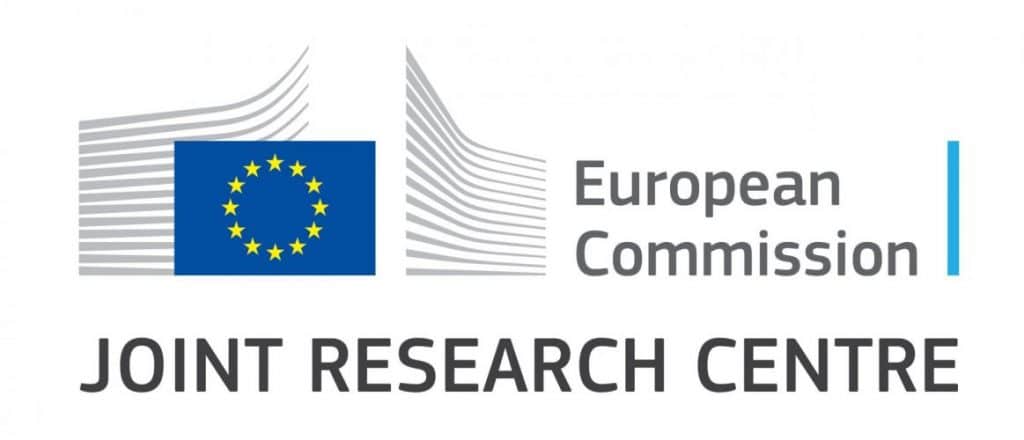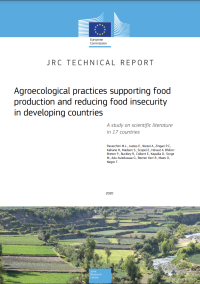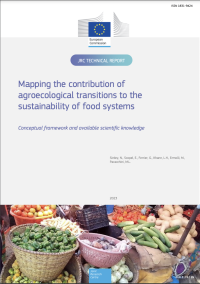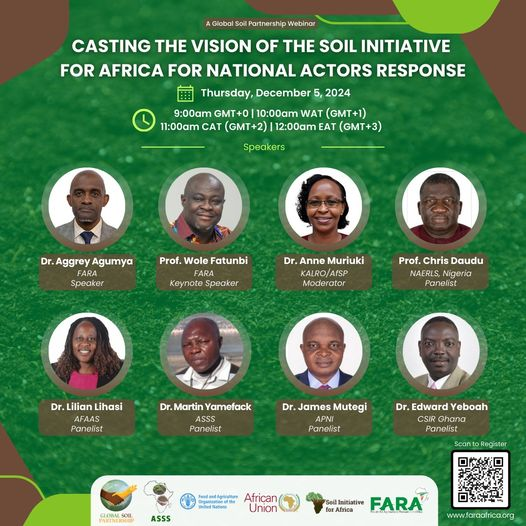December 2 to 13, 2024. Riyadh, Saudi Arabia
YPARD's is actively participating in the 16th Session of the Conference of the Parties (COP16) to the United Nations Convention to Combat Desertification (UNCCD), held in
The involvement of YPARD underscores its commitment to sustainable land management and youth empowerment in agricultural development.
Download the
policy position of the YPARD Policy Working Group.
Key Events and Contributions:
1. Investing in Sustainable Agrifood Systems Transformation
The GEF Food Systems Integrated Program (FSIP) Launch
· Date & Time: December 5, 17:30–19:00
· Collaborators: FAO, IFAD, GEF
2. Transforming Agri-Food Systems for Resilient Ecosystems, Food Security, and Nutrition through Regenerative Agriculture
· Date & Time: December 5, 12:30–14:00
· Collaborators: YPARD
3. The Gateway to Land Restoration and Resilience: Pathways to Land Tenure for Women & Youth
· Date & Time: December 7, 09:00–10:30
· Collaborators: YPARD, CIFOR-ICRAF, CA4SH, UNCCD Youth Caucus, YOUNGO Food and Agriculture WG, WOCAT, Action on Food Hub, International Land Coalition
4. Empowering Marginalized Voices through Inclusive Land Restoration
· Date & Time: December 7, 14:00–15:00
· Collaborators: CGIAR, YPARD, Bioversity-CIAT
5. Collective Action for Our Land, Our Future: Empowering Marginalized Voices through Inclusive Land Restoration
· Date & Time: December 10, 13:00–14:30
· Collaborators: YPARD, CGIAR
6. A Tapestry of Policy: Can Civil Society Unite the Rio Conventions?
· Date & Time: December 10, 10:00–11:00
· Collaborators: Global Landscapes Forum, Youth in Landscapes Initiative, YPARD, Global Youth Biodiversity Network, International Forestry Students’ Association, Youth4Nature

















